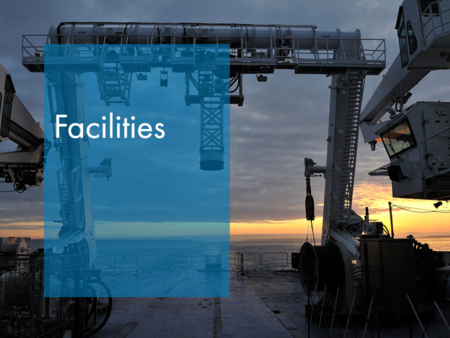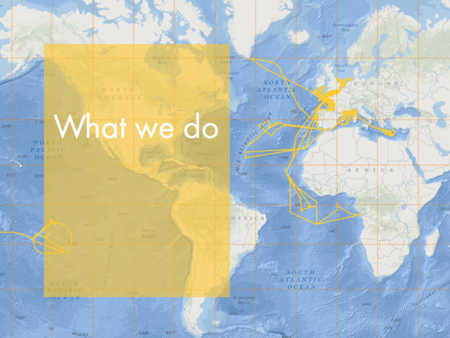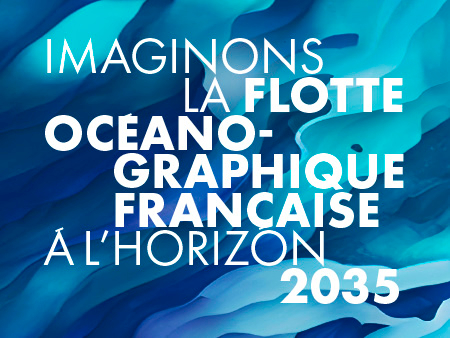Telepresence
The aim of the Telepresence project was primarily to validate the pertinence of the telepresence concept on vessels of the French Oceanographic Fleet.
The telepresence concept should enable the greatest number of scientists and students to take part, from the shore, in the exploratory dives of remotely controlled submersibles. Information technologies are now enabling us to optimize research cruises, to circumvent the limited number of available berths on the ships. Eventually this service will be offered routinely on eligible ships of the French Oceanographic Fleet.
The cruise of the same name took place on 1–7 December 2018 and saw the HROV Ariane deployed from L’Europe. Telepresence was used between the ship and the conference room of the Geoazur Institute in Nice (France). Data from the Ariane was projected live, while the shore-based scientific team held a videoconference with the shipboard team. As a result, the mission turned into a veritable educational tool, integrating students on the master’s degree research programme of Geoazur University (Master 3G) in the first semester. Scientific objectives were twofold and related to the study of tectonic and sedimentary changes occurring on the Ligurian Margin.
The Telepresence mission has been a veritable educational tool. Master 2 students in geology, geophysics and geotechnics (3G) at the UNS/UCA put together a deep-sea research and observation project.
They defined the questions and scientific objectives of the two dives, prepared them and then took an active part in the operations. They were supervised ashore by myself and at sea by Christophe Larroque.
Telepresence enabled them to work together to analyse and select how they were going to acquire the data, and then communicate their collective decisions to the HROV pilots through the intermediary of the scientific project manager aboard ship.
Frédérique Leclerc, lecturer-researcher at the University of Nice Sophia Antipolis, attached to the Geoazur Laboratory.
In addition to validating the technology, this cruise enabled us to introduce to the scientific community – by involving a wide spectrum of scientists who work in the classic fields of oceanographic research (geology, biology, scanning, sampling, etc.) – a new way of conducting scientific operations at sea.
The project also enabled us to share with all the IFREMER staff via our intranet an entire dive of the Ariane on the Nioulargue Bank on 3 December 2018.




